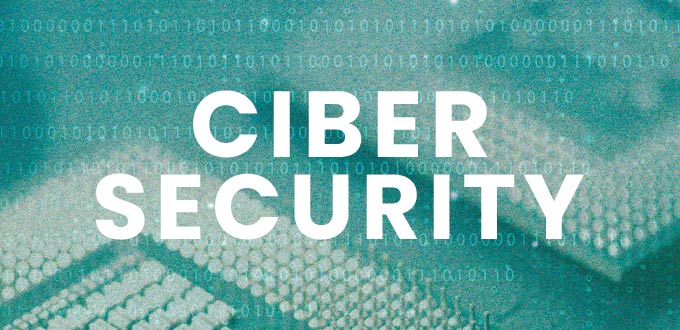How to Deal with Growing Cyber Threats
26/04/2023

During LACNIC 39, six experts will discuss the future of cybersecurity, the impact of cyber threats, the risk they pose to Internet stability, and the difficulties that organizations in our region face as they deal with increasingly sophisticated and frequent incidents.
Moderated by Kevon Swift, Head of Public Security Affairs at LACNIC, Pablo Álvarez (Government of Yucatán SIIES), Sabas Casas (CANIETI Sureste), Wilberth Pérez (CSIRT – Autonomous University of Yucatán), John Brown (Team Cymru Senior Security Evangelist), and Claudio Peguero (Ambassador and Dominican Ministry of Foreign Affairs Advisor on Cyber Affairs) will present the latest developments in cybersecurity.
This group of professionals will share how threats have evolved and how cybercriminal organizations have become increasingly sophisticated, as well as the status of our capabilities in Latin America and the Caribbean to deal with these problems.
Companies and organizations across the region are facing greater pressure to protect their critical assets and networks by recruiting and retaining talent and by developing contingency plans they can implement in case of an attack. Likewise, formal international cooperation mechanisms aimed at strengthening legal processes such as the UN cybercrime convention continue to be developed
However, the global deficit of cybersecurity professionals, the scarcity of technical resources, and national frameworks that are inadequate to formally cooperate by sharing information for cybercrime investigation and sanctioning purposes represent major barriers for organizations designing their strategic security plans.
Swift stressed that there is an urgent need for all the actors involved to improve their capabilities at the organizational level. “Cybersecurity is not linear. All the actors involved —government, academia, the private sector— must act in collaboration, which is why we must act now,” Swift noted.
“If no action is taken, by 2025 the costs of cybercrime may skyrocket. The pandemic has increased digitalization, which also means that attack surfaces have grown. This is why it’s time to think globally and act locally,” Swift concluded.
The panel will address cybersecurity from multiple perspectives: the importance of coordinating the actions of the government, academic, and private sectors to build cybersecurity capabilities within a digital ecosystem; the most common threats to cybersecurity (phishing, ransomware, malware, and software vulnerabilities); the importance of cybersecurity education for employees and end users, and best practices in cybersecurity.
National, regional, and global cybersecurity regulatory frameworks will also be analyzed, including plans for the protection of critical infrastructure and strategic plans to promote cooperation.
The panel will be streamed live, and simultaneous interpretation will be provided into English, Spanish, and Portuguese.
The complete agenda of the event is available here.